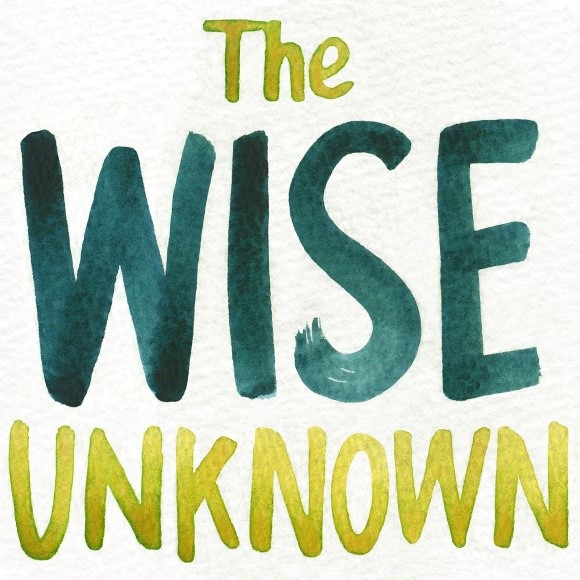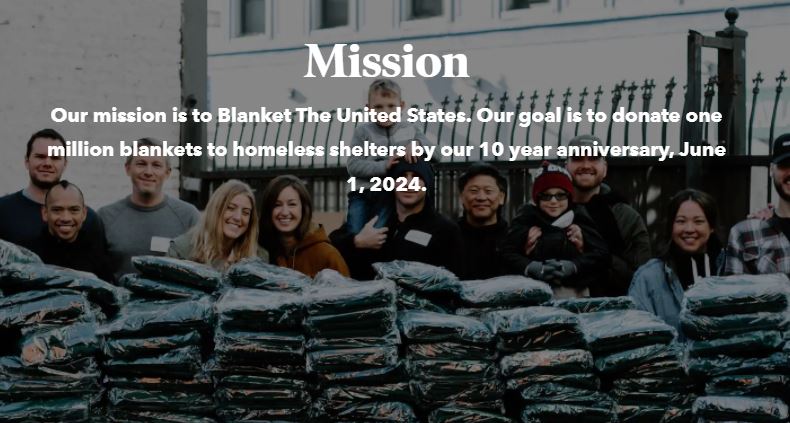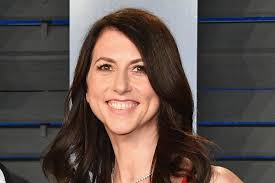You know I am all about wise stuff which is why I’m so excited to check out this new @prx podcast hosted by @courtwrites called The Wise Unknown. Here’s the cool premise: Courtney Martin (who is herself wise and funny and kind and insightful) gets famous people to introduce her to the wisest person they know (that the rest of us have likely never heard of) and then kicks the famous person off the line: https://tinyurl.com/wiseunknown One of her first conversations will be with my dear friend Lori Barra, Executive Director of the Isabel Allende Foundation and I can’t wait to listen.
My holiday favorite
I’ve just returned from Nepal, where I had the privilege of traveling alongside the staff of the Nepal Youth Foundation. Having seen their extraordinary work on the ground again, I am more committed than ever to helping them in their quest to protect, educate and empower children and their families. I encourage you to read some of their favorite transformative stories of the year in this blog post. I hope their love, care, commitment and effectiveness will move you to learn more and, if possible, join me by purchasing a holiday e-gift card today. I promise, you will get much more than you give when you join their family of supporters.
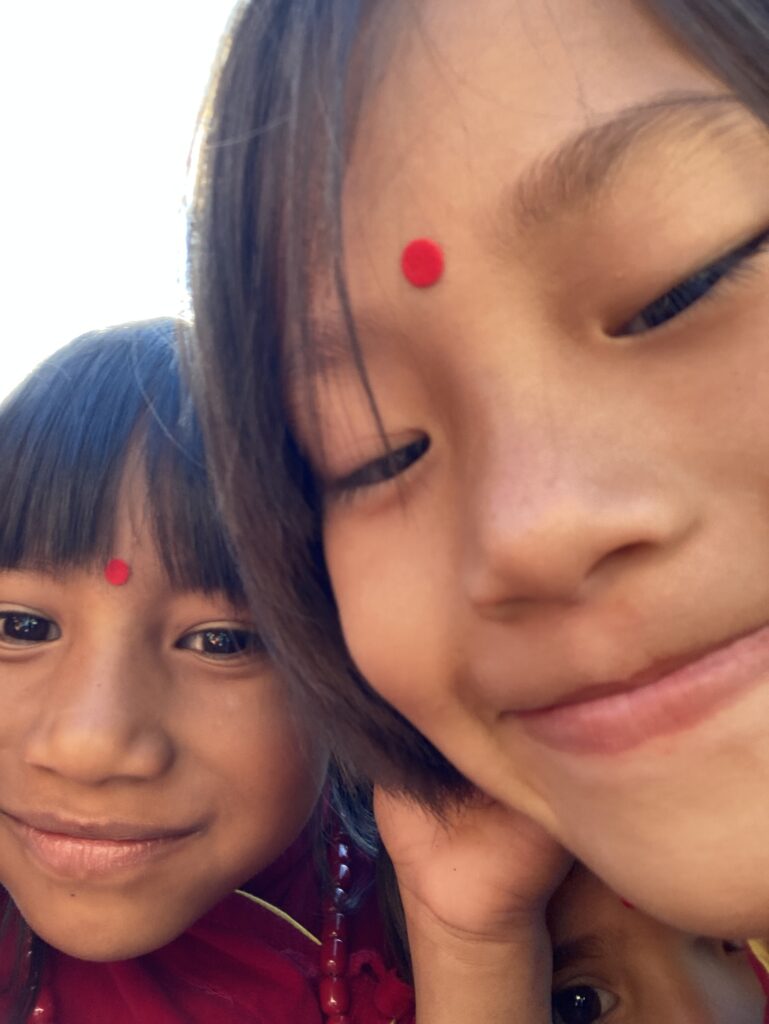
Sackcloth & Ashes
In 2013, Bob Dalton was inspired to help people experiencing homelessness when his mother found herself living on the streets. Because of his mother’s journey, he was inspired to call his local homeless shelters to ask what they needed most — they all said blankets. That’s when he founded Sackcloth & Ashes. For every blanket purchased, a second is donated to a local shelter. I can’t recommend these enough as holiday gifts. They are beautiful, simultaneously light and warm, and provide a truly meaningful way to celebrate those you love while helping others in need.
McKenzie Scott leads
In her recent blog announcing an additional 286 grants she has awarded, McKenzie Scott offers a master class in philanthropy that centers equity, dignity, trust, generosity and a wholly relational approach to thinking about impact. She writes, “People struggling against inequities deserve center stage in stories about change they are creating. This is equally — perhaps especially — true when their work is funded by wealth. Any wealth is a product of a collective effort that included them. The social structures that inflate wealth present obstacles to them. And despite those obstacles, they are providing solutions that benefit us all.” She closes her blog with one of my favorite Rumi quotes: “A candle as it diminishes explains, Gathering more and more is not the way. Burn, Become light and heat and help. Melt.” I am so inspired to be able to follow and learn more from her as she continues forging new ground.
How Philanthropy Can Support Systems-Change Leaders
For those interested in the possibilities ahead for big picture philanthropy, I recommend this report from The Bridgespan Group and this one as well: “Field Building for Population-Level Change: How funders and practitioners can increase the odds of success.”
The reports attempt to address the “lack of shared understanding about what it takes to advance fields and mismatches between fields needs and common philanthropic practices.” Both contain valuable insights at a time when many foundations are deep in new strategic planning processes and so many organizations are striving to increase their impact.
Don’t miss Trabian Shorters
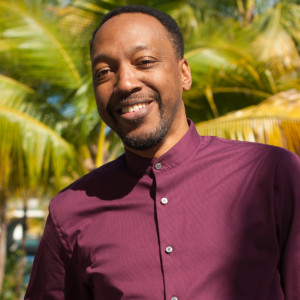
I’m so excited to share that Trabian Shorters, CEO and Founder of BMe Community, has been supported by Northern California Grantmakers to offer a free workshop for our nonprofit and philanthropic communities. Trabian will be talking about the power of narrative frames and how to use that power in this time of crisis. Trabian has opened my eyes and heart and, as a result, I have transformed the way I write, speak and think about the communities we aim to help. Please join me in attending, and then get in touch so we can talk about what we’ve learned. To register for this free event click here.
Shark Month: Covid-19 Edition
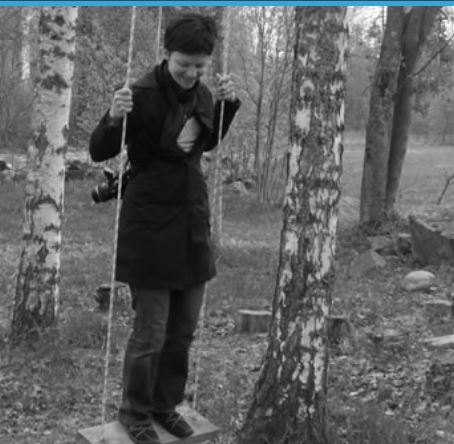
The amazing Amanda Ripley earned my undying respect with her research, “Complicating the Narratives,” — about how journalists can help bridge divides by asking questions as mediators in high conflict zones have learned to do. Her newest piece, “How to cover uncertainty and statistics in a pandemic, without making things worse,” is equally important. She writes, “If you are going to report the number of deaths, you should report the number of lives saved. Why? Because one shows the threat, and the other shows our control over the threat. Millions of human beings are working on managing this threat, including nurses, scientists, doctors and sick people and their families. Where is their scoreboard? This is not about making people feel good or minimizing the seriousness of this threat. It’s about telling the truth.” Her work is always so measured, thoughtful and so important.
“Every atom belonging to me as good belongs to you.”
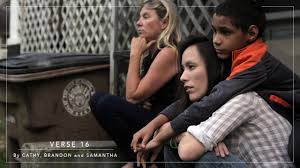
I’m obsessed with “Whitman, Alabama,” a sensational project from AL.com that uses documentary and poetry to reveal the threads that tie us together—as people, as states, and as a nation. For two years, filmmaker Jennifer Crandall crisscrossed Alabama, inviting people to look into a camera and share a part of themselves through the words of Walt Whitman. Start with verses 39 and 37 and experience for yourself the beauty of this extraordinary project.
Beautiful News
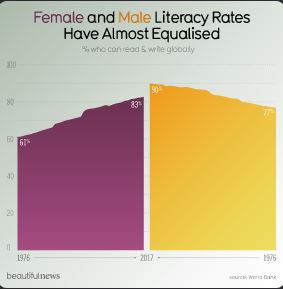
Happy to share an uplifting project: Beautiful News Daily is a collection of good news, positive trends, uplifting statistics and facts — all beautifully visualized by Information is Beautiful. Every day for a year there will be a new graphic celebrating trends and developments that are typically unreported in the headline news. As the site says, “Amazing things are happening in the world, thanks to human ingenuity, endeavour and collaboration.”
Empathy and compassion receive support
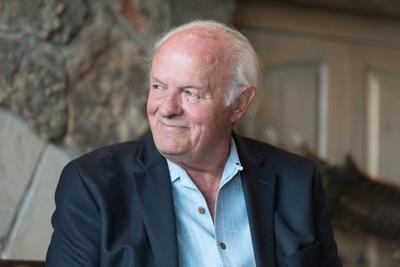
Read today about a $100 million gift to UCSD to study empathy and compassion and to cultivate those qualities in physicians. The donor, Denny Sanford, said his donation was influenced by a private meeting he had with the Dalai Lama when His Holiness visited UCSD in 2017 to give the commencement address. “I have been inspired by the work and teachings of the Dalai Lama, whose interest in the intersection where science and faith meet is deep and profound,” Sanford said, “I have had the opportunity to see how grace, humanity and kindness can change people and the world. This gift extends that vision.” Sanford grew up during the Great Depression, lost his mother to breast cancer when he was four, and began working in a warehouse when he was eight. Today, he is a philanthropist billionaire. Mr. Sanford’s total giving to date worldwide is over one billion dollars, demonstrating his commitment to his own humble motto: “Aspire to inspire before you expire.”
